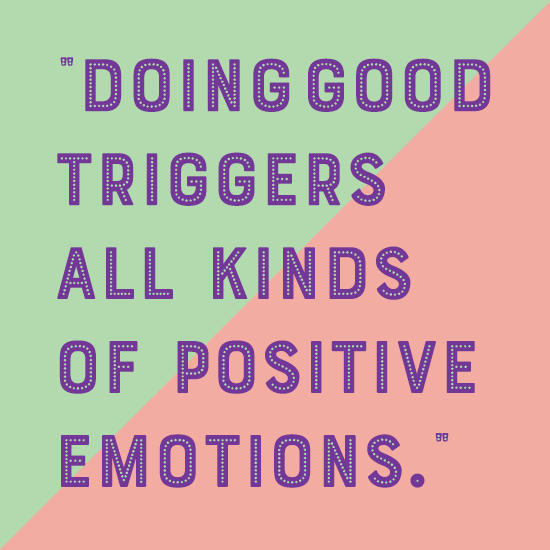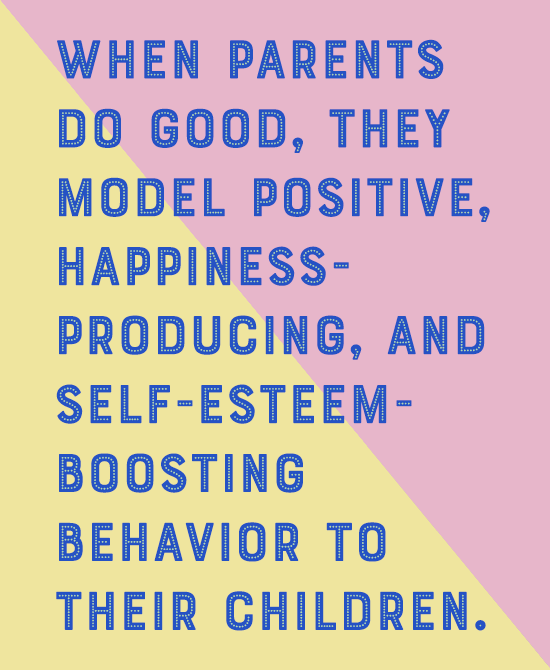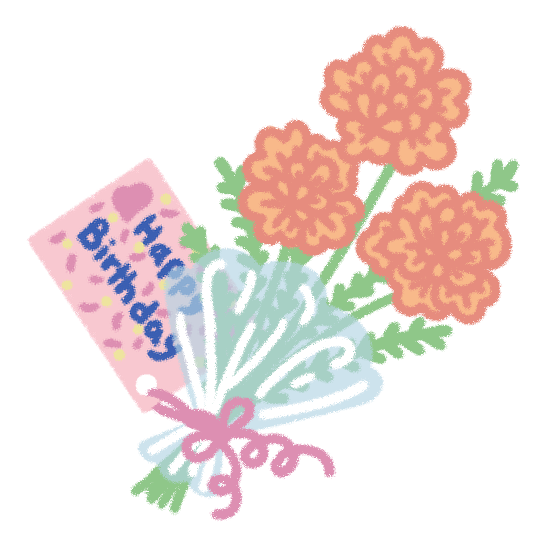We've all felt it: that moment of joy when you're able to really help someone out or do something that will make others feel good. It can be as simple as giving a compliment or as large as a week of cleaning up local parks — but no matter the action, the result is powerful. We spoke with Sonja Lyubomirsky, PhD, a professor of psychology at the University of California and the author of The How of Happiness and The Myths of Happiness, to find out more about how good goes round.
How can treating others with kindness lead to great personal outcomes?
Sonja Lyubomirsky: Empirical research has shown that doing acts of kindness leads people to become happier and to feel more connected to others... A study with middle school kids even showed that those who did acts of kindness became more popular with their peers!
Why should someone make doing good a regular part of their life?
SL: The first answer is obvious: You will make other people happier, be a good citizen, and make the world a better place. The second answer is that when you make other people happier, YOU become happier (and healthier). This is because, after helping others, you feel like a good, generous, competent person (which feels good) and because you benefit socially. That is, you feel more connected, and those whom you help are likely to reciprocate in the future and feel closer to you.

What kind of emotion does doing good trigger in a person?
SL: Doing good triggers all kinds of positive emotions — a sense of connection, happiness, joy, intimacy, curiosity, affection, pride, serenity. You name it.
Why should parents try to teach kids to do good?
SL: Kids who do good will be happier, will be better liked by their peers and friends, will have stronger relationships, and may even live longer.
What kind of benefits come from doing good (e.g., volunteering or helping out friends) as a family?
SL: I expect that the same benefits (plus some!) apply as doing good as an individual. Volunteering as a family will lead the family to feel closer and tighter, to get to know each other (as well as other people) better, and, of course, to feel that they are good people/citizens and to experience positive emotions together. When parents do good, they model positive, happiness-producing, and self-esteem-boosting behavior to their children.

Do you find that "paying it forward" really works? Does one good deed really lead to another?
SL: It definitely does! My lab actually did a study to explore this very question. We went to offices in Madrid and prompted a randomly chosen group of employees to do random acts of kindness for their colleagues. We found that the so-called Givers’ acts of kindness created ripples of generosity across the workplace. Not only did the Receivers of the kind acts start doing more good deeds, but so did Observers (witnesses) as well.
Does doing good have to be a full-time job?
SL: Absolutely not. My lab’s research shows that doing good can easily be woven into one’s daily life. Many kind acts that have strong ripple effects on people’s emotions and relationships are small acts — giving a compliment, opening a door, helping with a meal or a work task, bringing a second coffee to a coworker, sending a thank-you note, etc.

Dr. Lyubomirsky is right — doing good really does build on itself to create more positivity and goodness, within and without! So let's do good, together.
Sonja Lyubomirsky (Bachelor of Arts Harvard, PhD Stanford) is a professor of psychology at the University of California, Riverside. Lyubomirsky's research focuses on the benefits of happiness, why some people are happier than others, and how happiness can be durably increased. Her work has received many honors, including the Templeton Positive Psychology Prize and a Science of Generosity grant.
Create more positive energy in the world and help good go round with Cheerios.
Cheerios believes that when you put good in, you get good out. That’s why they're committed to helping make good go round, from good food to good vibes.
Animation by Marjan Farsad / BuzzFeed © 2017
